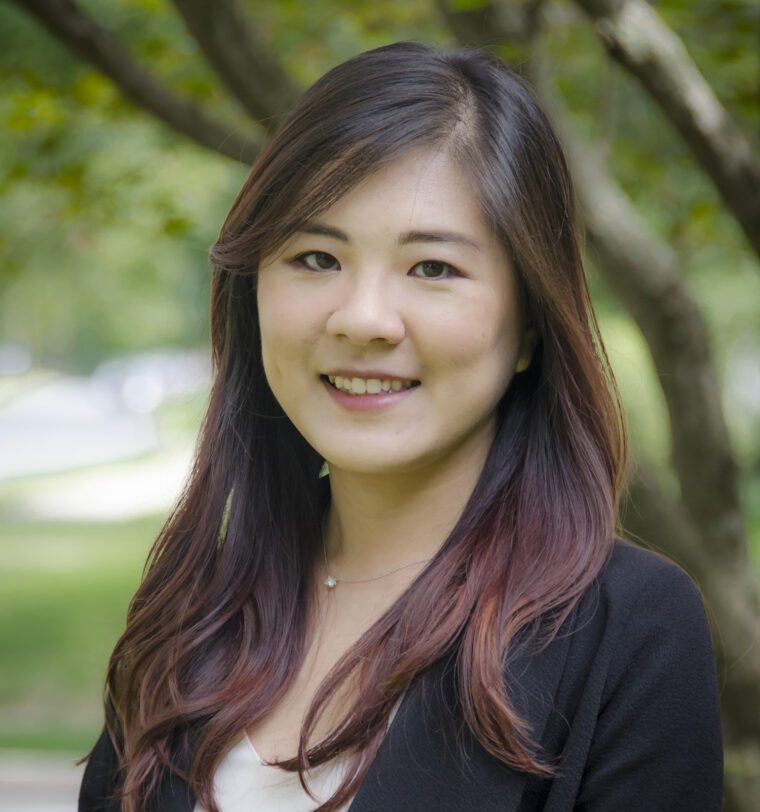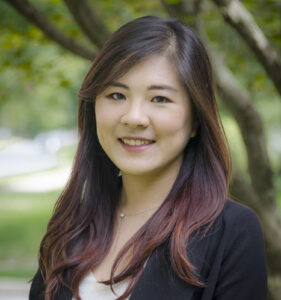Cho to Join Washington Research Consortium on Korea


As a newly-selected non-resident adjunct fellow for the Washington Research Consortium on Korea, Joan Cho hopes to showcase South Korea’s democratization through a new scholarly book tentatively titled, Dictator’s Modernity Dilemma: Development and Democracy in South Korea, 1961-1987.
Cho, assistant professor of East Asian Studies, will participate in the multi-year laboratory research project until 2024 through the Center for Strategic and International Studies (CSIS). The project, titled “The South Korean Pathway: Understanding the Theoretical and Policy Significance of Korean Democracy and Foreign Policy,” will conduct an in-depth analysis of South Korea’s democracy and foreign policy to fill an important gap in the U.S. and European political science literature.
“Current literature overlooks the importance of Asian cases and to the extent that the political science literature uses Asian cases, these are overwhelmingly focused on using the China case to explain why Asia does not fit into mainstream theorizing,” Cho explained.
This project on South Korea aims to correct this bias in Western political science by demonstrating three points:
“First, Korea is an important case for affirmation of various political science theories. Second, Korea is important for detailing the relevant causal mechanisms of the theory as played out in Korea’s 20th-century history. And third, the empirics of the Korean case are important because they can offer counterintuitive variations on the theory,” Cho said.
The South Korean Pathways Project, which is supported by a $256,300 grant from the Laboratory Program for Korean Studies of the Ministry of Education of the Republic of Korea and the Korean Studies Promotion Service at the Academy of Korean Studies, bridges the gap between theory and practice by offering scholarly contributions that address real-world debates, including discussions surrounding democratic erosion, the role of middle powers in great power competition, Korea’s national security, its trade and technology, as well as its soft power and popular culture.
“I am excited to join the Washington Research Consortium on Korea and collaborate with senior scholars in the U.S. (CSIS in Washington, DC) and Europe (Centre for Security, Diplomacy, and Strategy in Brussel) to promote transatlantic cooperative research on Korea,” Cho said.
Cho, who is an expert on authoritarianism, democratization, and social movements in Korea and East Asia, is tasked with producing one of three scholarly books for the project that uses the South Korean case of democratization to contribute to the literatures on democratization and modernization theory.
The book introduces and analyzes new qualitative and quantitative data on South Korea’s economic development and its democracy movement. The empirical chapters provide statistical analyses utilizing two original events datasets: The first documents college student protests from 1980 to 1987. The second documents nearly 2,500 events during two nationwide protests that were seminal in South Korea’s democracy movement—the 1987 “June Democratic Uprising” and the 1987 “Great Workers’ Struggle.” These datasets were created using primary sources in Korean, including archival materials from the Korea Democracy Foundation and newspaper articles from the Naver News Library.
Two current seniors—Chaiyeon Lee ’22 and Gloria Kang ’22—who took Cho’s CEAS 206/GOVT 295: Korean Politics Through Film and CEAS 205/GOVT 281: Democracy and Social Movements in East Asia, worked as research assistants during the 2020-2021 academic year to help create the events dataset on college student protests in the 1980s.
This fall, Cho is teaching CEAS 206/GOVT 295: Korean Politics Through Film and CEAS 325/GOVT 305: Asian Challenge for Democracy. In addition to her CSIS affiliation, Cho is an associate-in-research of the Council of East Asian Studies at Yale University, executive secretary and board member of the Association of Korean Political Studies, and a 2018-2019 U.S.-Korea NextGen Scholar.

